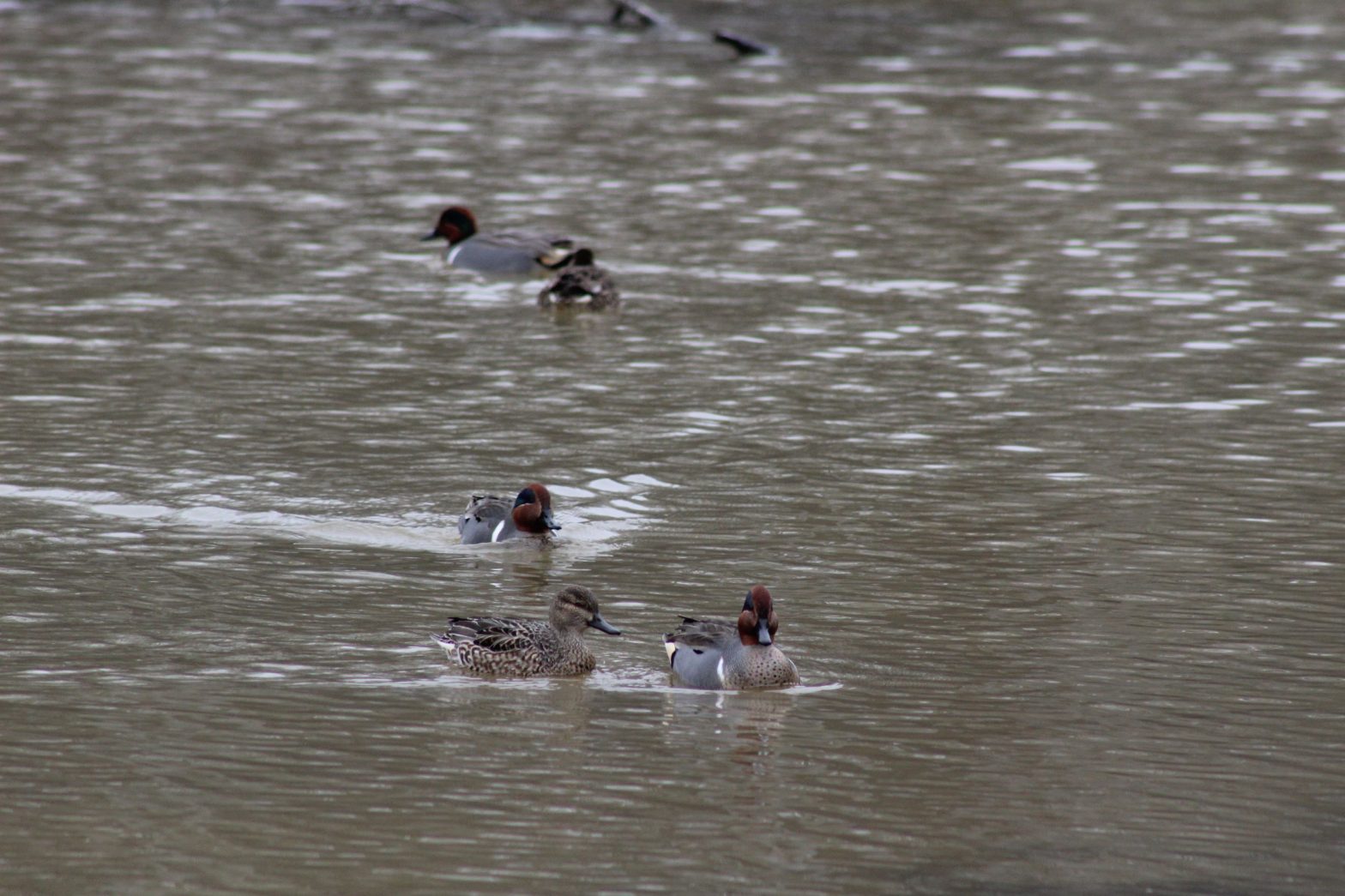Biden Vetoes Bill That Would’ve Unraveled Water Protections

WASHINGTON — President Joe Biden on Thursday vetoed a bid by Congress to undo his prescription for which waters in the United States should be given heightened protection under the Clean Water Act.
“The 2023 revised definition of ‘Waters of the United States’ … provides clear rules of the road that will help advance infrastructure projects, economic investments and agricultural activities — all while protecting water quality and public health,” Biden said in a statement released shortly after he left the White House Thursday afternoon.
The president and First Lady Dr. Jill Biden are spending the Easter holiday at Camp David.
Under the Clean Water Act, the definition of what constitutes the “Waters of the United States” determines which bodies of water fall under federal jurisdiction.
Since 1972, when the modern version of the Clean Water Act came into being (many of its provisions having previously been covered by the Federal Water Pollution Control Act of 1948), presidential administrations have applied very different interpretations of the Waters of the United States rules.
The Biden administration reinstated a broader interpretation of the Clean Water Act that would expand federal authority over wetlands on private property and other currently undeveloped lands.
Under the Environmental Protection Agency’s new standard, property owners would need to acquire federal permits to make changes to lands that are dry most of the year.
On March 10, the Republican-controlled House voted 227-198 to repeal the new standards and the Democratically controlled Senate followed suit last week, voting 53-43 to turn back the administration’s rules.
The veto is the second of Biden’s presidency, and it appears unlikely that Congress will be able to muster the two-thirds majority needed to override it.
Biden explained his rationale for the veto, saying he believes the resolution “would leave Americans without a clear definition of ‘Waters of the United States’” and that this “increased uncertainty … would threaten economic growth, including for agriculture, local economies and downstream communities.
“Farmers would be left wondering whether artificially irrigated areas remain excluded or not. Construction crews would be left wondering whether their water-filled gravel pits remain excluded or not. The resolution would also negatively affect tens of millions of United States households that depend on healthy wetlands and streams,” Biden said.
Dan can be reached at [email protected] and @DanMcCue

























